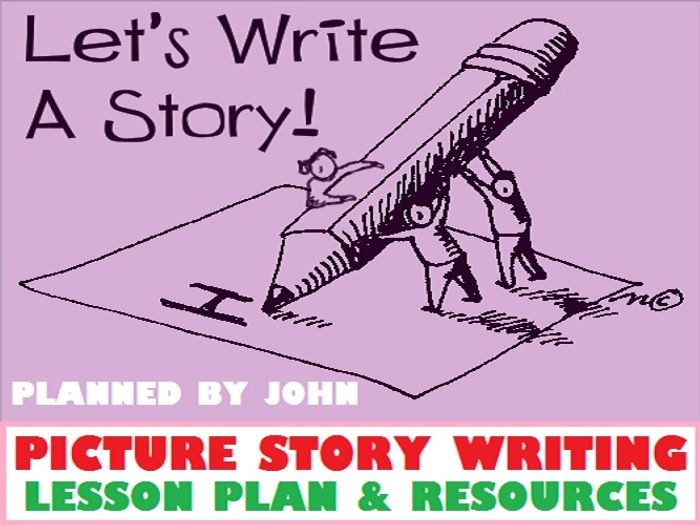

#Impact in storywriting how to
How to Train Your Dragon, the book series and movies, are about a boy who disagrees with his society’s beliefs about dragons and fights to change their minds. Are they in love with the prince when they are a peasant or vice versa? Have they broken the law and need to escape before being caught?Ĭultures and traditions can be obstacles when your character doesn’t believe in them, doesn’t know or understand them, or is physically incapable of completing them. Think about your character’s place and role in their society and ask yourself how that can become an obstacle. Whole sub-genres are built around overthrowing governments and overcoming one’s station. When it comes to setting, other people can create the biggest obstacles. Look for ways you can use distance to make your setting more of an obstacle. A character reaching for the table can miss, causing them to drop their mug where it shatters and they cut their foot or splash their computer’s power cord and lose that big work project. Like with weather, even subtle distances can matter. When your character’s goals are physically farther away, they are forced to put more effort into attaining them, which makes your readers empathize with them more and builds tension. Don’t put the item the thief needs on the first floor, put it on the seventeenth. Running out of fuel between star systems in space operas and journeying across a mystical land in epic fantasy are well established tropes.ĭistance is an excellent way to make your characters work for their goals. Distance can be such a strong obstacle, it has become a trope in science fiction and fantasy. Use your setting to make things worse for your characters.Īnother aspect of the environment of your setting you can use to build obstacles is distance. A bridge could collapse or be closed for construction. A bomb or some other explosion could go off. A power outage traps your characters in an elevator or a laboratory with doors that require electricity to open. You can also use manmade aspects of setting to make things worse for your characters.
#Impact in storywriting Patch
For someone in heels, a patch of ice can be a challenge. For a character struggling with depression, a string of overcast days can be an obstacle. Try to think beyond natural disasters to ways your setting can interfere with your characters specifically. When it comes to your setting ask yourself what could be worse and list aspects of the weather you could use to build obstacles. Even if your characters are inside, thunder can interrupt a conversation. Anything from wind whipping your character’s hair into her face to a hurricane bearing down on your sailors can be an obstacle. While I don’t recommend using this particular setup, weather is an excellent way to transform your setting into an obstacle. There’s a writing cliché often seen in movies where a character says “At least it can’t get any worse” and it starts raining. Do they overcome the obstacle or give into their panic? Use your setting to create conflict to keep your story moving.Ĭhallenge Your Characters with Their Environment Is it stuck with their mother-in-law? Kidnapped and forced into a suffocating closet? A friend’s messy apartment where your character’s fear of germs is challenged? Make a list of these challenging settings then force your character into them. Think about a place your protagonist would hate to be. For one character, the dog is an obstacle in the setting, for the other it is not. A person who loves dogs will react differently to a character’s excited pooch jumping on them than someone who was attacked by a dog and is now terrified of them. Other settings are only obstacles because of a character’s specific quirks. Some confining settings are universally difficult like being buried alive. One Person’s Dream Is Another’s Nightmare How they react to these situations will define them and advance your plot. Your characters should have similar emotions when confined in a less than ideal situation. We either fight to suppress these intense emotions or act out because of them. That feeling of being trapped makes our adrenaline start pumping and puts us on edge.


Regardless of the situation, most people don’t like to be confined.


 0 kommentar(er)
0 kommentar(er)
